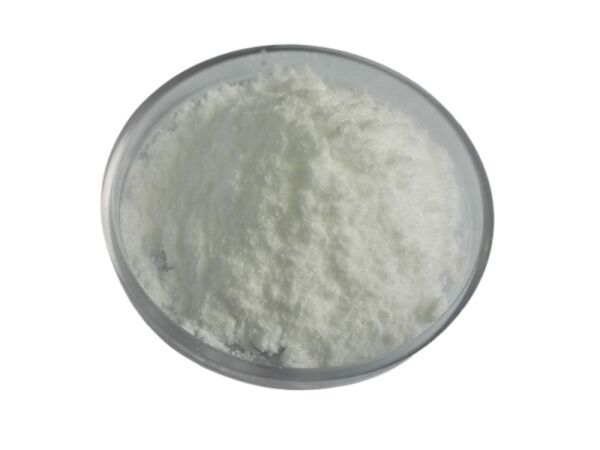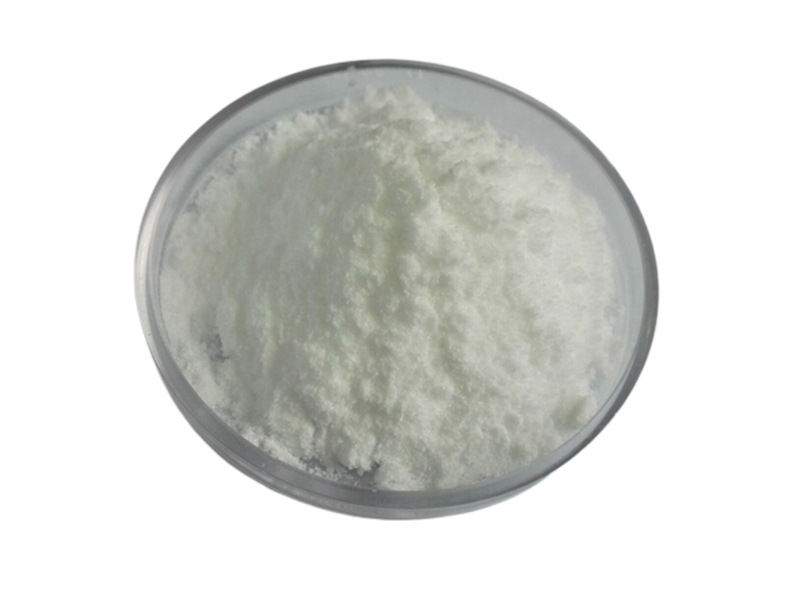What is Organic Dextrose Powder?
Organic Dextrose Powder, a simple sugar derived from 100% certified organic non-GMO sources (corn or tapioca), provides rapid energy and versatile functionality for clean-label formulations. Available in two specialized grades:
- Organic Dextrose Monohydrate (C₆H₁₂O₆·H₂O)
- Crystalline powder containing one molecule of water, ideal for moisture retention in baked goods, beverages, and instant energy products.
- Mild sweetness (70–80% sweetness of sucrose) with a cooling effect, commonly used in sports nutrition and functional confectionery.
- Organic Dextrose Anhydrous (C₆H₁₂O₆)
- Water-free powder with higher purity (>99.5%), suited for moisture-sensitive applications like dry mixes, pharmaceuticals, and powdered supplements.
- Rapid solubility and hygroscopicity enhance texture in low-water activity products.
Both grades are USDA/EU Organic-certified, gluten-free, and vegan, aligning with clean-label trends in food, beverage, and nutraceutical industries.
Specification
| Parameter | ||
|---|---|---|
| ≥99.5% | ≥99.8% | |
| 8-10% | ≤0.5% | |
| White crystalline powder | Fine white powder | |
| High solubility in water | Instant dissolution | |
| 24 months | 36 months | |
| Baking, sports drinks, pharma tablets | Dry mixes, IV solutions, protein bars |
Key Features & Benefits
Certified Organic: Compliant with USDA, EU Organic, and COR regulations. Rapid Energy Boost: Quickly replenishes glycogen for athletes and active consumers. Clean & Versatile: No additives, allergens, or preservatives. Sustainable: Ethically sourced with eco-friendly packaging options. Customizable: Bulk orders, private labeling, and flexible packaging (1kg to 25kg).
Food & Beverage: Sweetener for organic baked goods, energy bars, and fermented beverages. Sports Nutrition: Key ingredient in recovery shakes, gels, and electrolyte blends. Pharmaceuticals: Excipient in tablets, oral rehydration salts, and IV fluids. Industrial Use: Fermentation agent in biofuels, brewing, and dairy cultures.
Why Choose Us?
Global Certifications: Guaranteed compliance with organic, non-GMO, and ISO standards. Quality Assurance: Third-party tested for purity, heavy metals, and microbial safety. Sustainability Focus: Biodegradable packaging and carbon-neutral logistics. Expert Support: Dedicated team for formulation guidance and regulatory compliance. Competitive Pricing: Cost-effective solutions for startups to large-scale manufacturers.
FAQs
Q: Is organic dextrose keto-friendly?
A: Dextrose is a simple sugar with a high glycemic index, making it unsuitable for keto diets.
Q: Can I use dextrose anhydrous in cold beverages?
A: Yes! Its instant solubility ensures smooth integration even in cold liquids.
Q: How does organic dextrose compare to regular sugar?
A: It’s 20% less sweet than sucrose but absorbs faster for quick energy replenishment.
Q: Do you offer samples?
A: Yes! Contact us for free samples and customized quotes.

